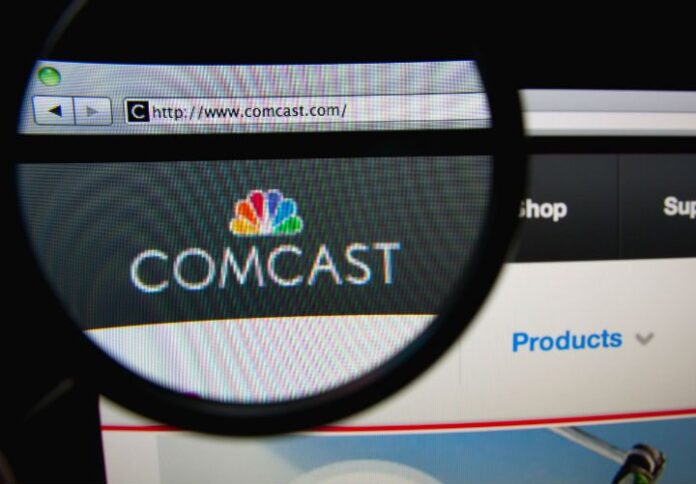Washington state attorneys charge Comcast with ‘illegally deceiving’ customers
Washington Attorney General Bob Ferguson on Aug. 1 filed a lawsuit against Comcast on behalf of in-state subscribers, that seeks more than $100 million in restitution for violating various consumer protections.
Specifically, Ferguson’s office said the cable giant committed “1.8 million violations of Washington state’s Consumer Protection Act (CPA), including misrepresenting the scope of its Service Protection Plan, charging customers improper service call fees and improper credit screening practices.”
Ferguson said his team brought their concerns to the Philadelphia-based company more than a year ago. “This case is a classic example of a big corporation deceiving its customers for financial gain,” he said.
The lawsuit says 500,000 Washington-based subscribers were misled into paying an aggregate $73 million for a “near-worthless” protection plan without informing those customers of plan details. “Customers who sign up for Comcast’s Service Protection Plan pay a $4.99 monthly fee ostensibly to avoid being charged if a Comcast technician visits their home to fix an issue covered by the plan.”
More on home visits from the attorney general’s office: “Comcast deceives consumers through the Customer Guarantee it makes to all 1.2 million Washington customers. Comcast’s Customer Guarantee promises: “We won’t charge you for a service visit that results from a Comcast equipment or network problem.” Comcast discloses no limitations on this guarantee. Contrary to this promise, Comcast charged thousands of Washington customers for “service calls that resulted from a Comcast equipment or network problem,” including issues with HDMI components and cables, cable cards and installation of drop amplifiers.
The state attorney further alleges that “thousands of instances of improper credit screening … unnecessarily impacting the credit reports of those customers. On more than 6,000 occasions, however, Washington state consumers paid a deposit … despite credit checks performed by the company revealing the customers had high credit scores. This indicates that either: (a) customers paid the deposit to avoid a credit check appearing on their credit report, only to have Comcast run one anyway; or (b) customers were forced to pay the deposit despite their high credit score.”
According to The Wall Street Journal, officials with the cable company said the lawsuit left them “surprised and disappointed,” and that the company “stand[s] behind our products and services and will vigorously defend ourselves.”

